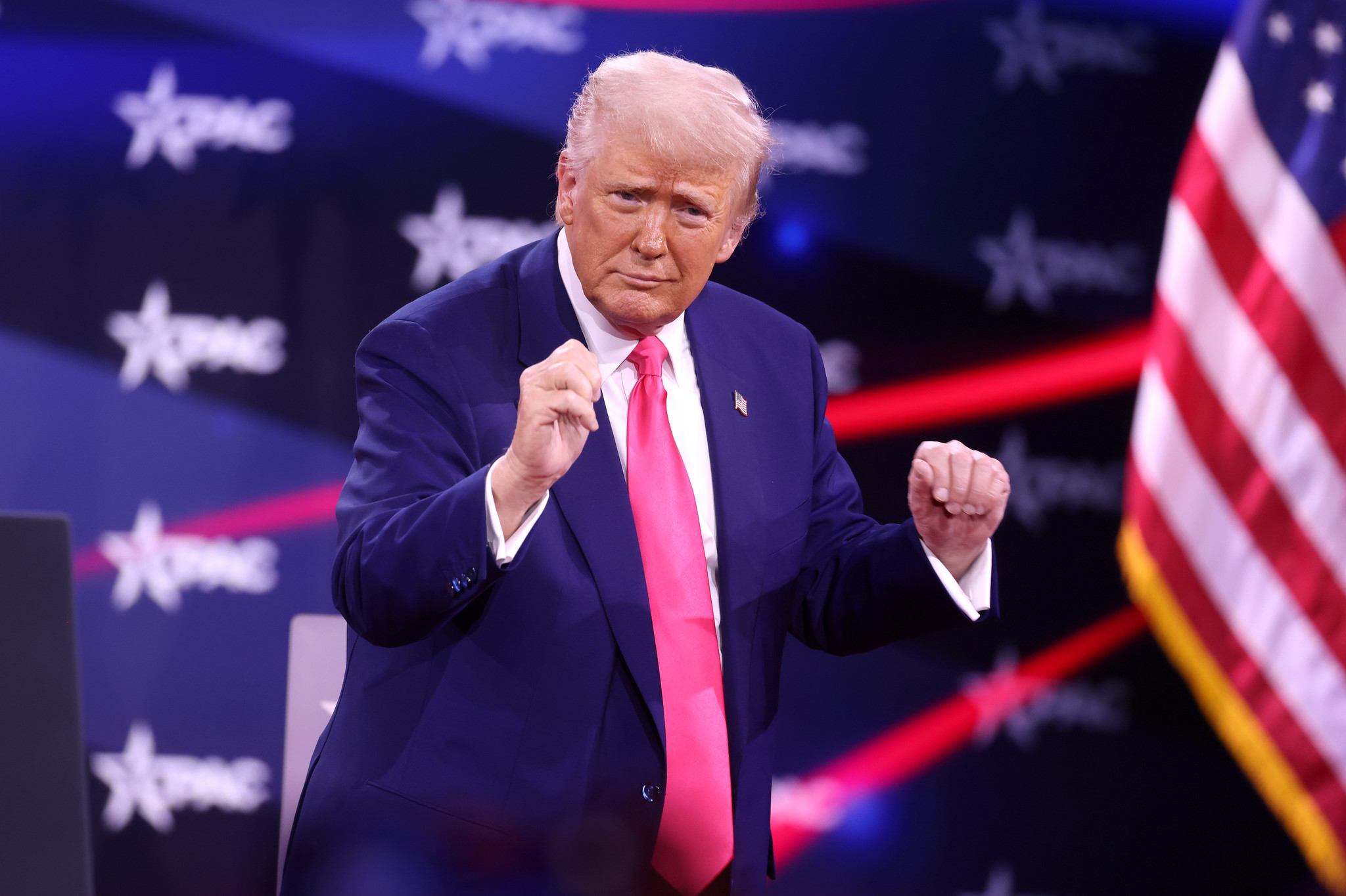Ukraine will not participate in a leaders-level NATO Council meeting at next week’s summit in The Hague, reflecting the United States’ reluctance to emphasize the ongoing war that Trump had promised to resolve “quickly.”
Ukrainian President Volodymyr Zelenskyy has been invited only to 24 June’s opening dinner and will not take part in the summit’s main sessions, unnamed sources told Politico.
The exclusion represents “another concession” to the US, which wants to avoid highlighting the ongoing war that Trump pledged to end during his presidential campaign.
The decision contrasts with NATO’s official summit program, which shows a Ukraine-NATO Council working dinner scheduled for 24 June but at the foreign minister level, chaired by the alliance’s Deputy Secretary General rather than heads of state.
Trump also avoided meeting Zelenskyy at the recent G7 summit, signaling a cooling of direct US support for Ukraine at these high-profile events.
Zelenskyy’s attendance uncertain
President Zelenskyy said 21 June that he remained undecided about attending the summit, despite receiving an invitation from NATO Secretary General Mark Rutte. NATO officials have confirmed that “Ukraine will be with us in The Hague,” though the extent of Ukrainian participation now appears limited.
Earlier, Dutch Defense Minister Ruben Brekelmans revealed that he is actively working to secure Zelenskyy’s participation in the NATO summit scheduled for 24-25 June in The Hague. He said that the Netherlands welcomes him at every meeting, exploring alternative formats for his involvement. Brekelmans also reaffirmed that Ukraine’s path to NATO membership remains irreversible despite skepticism.
Europe defense spending increase takes priority
The restricted Ukrainian presence aligns with the Trump administration’s broader approach to the summit, which sources describe as focused primarily on securing increased defense spending commitments from European allies.
The 32-nation alliance plans to pledge dramatically higher defense expenditures, reaching 5% of gross domestic product split between 3.5 percent for direct military needs and 1.5% for broader defense-related efforts, according to Politico’s sources. This represents a significant jump from the current 2% target established in 2014.
“They would never have agreed to 5% without Trump,” an administration official told the outlet anonymously. “So he sees this as a major victory.”
Trump intends to deliver a speech on 25 June following the summit’s conclusion to highlight the new spending commitments and his role in achieving them. The focus on defense budgets reflects the president’s longstanding demands for European allies to shoulder more responsibility for their own security.




